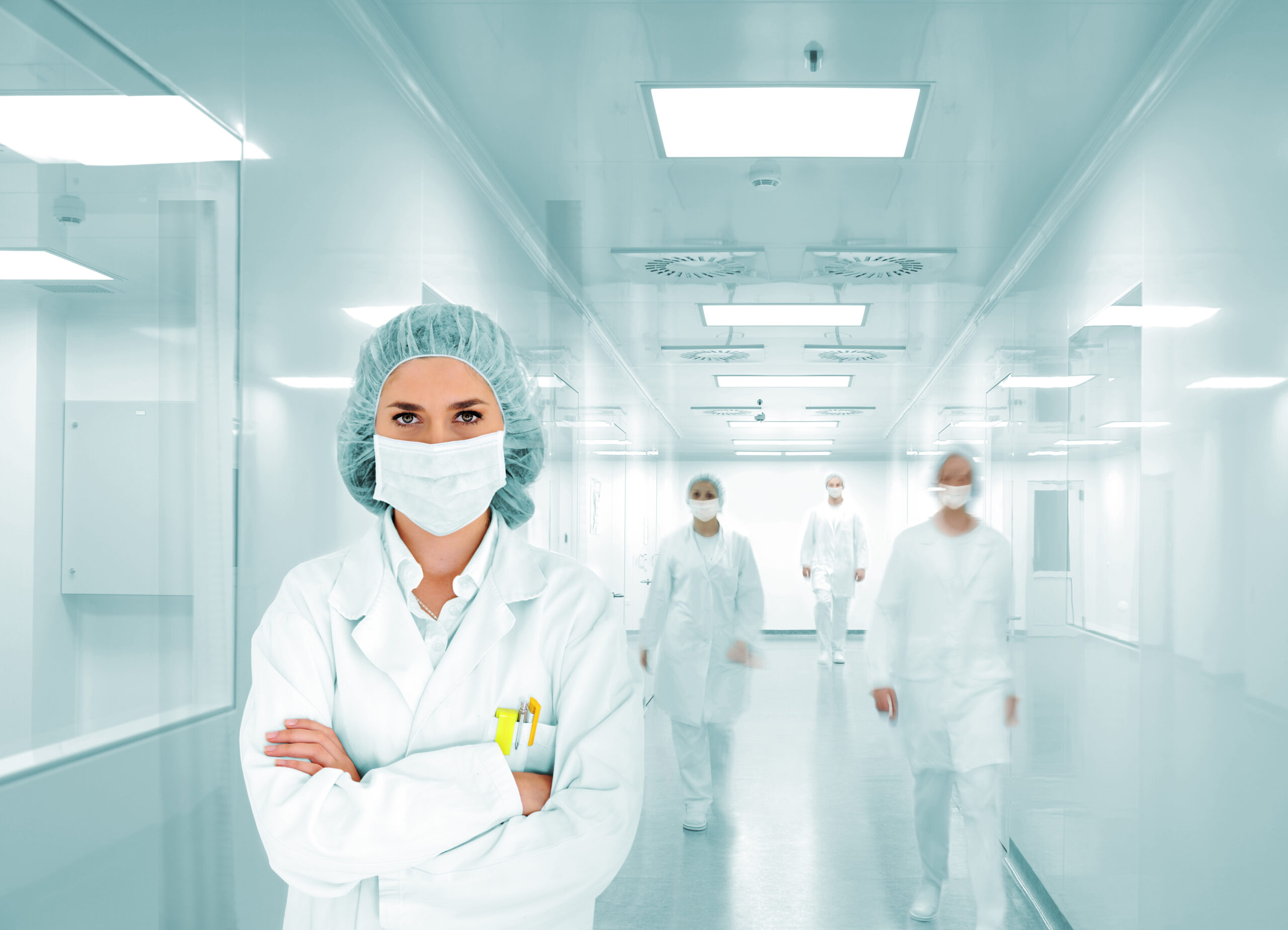Disinfectants are chemicals that kill or inhibit the growth of microorganisms, including bacteria, viruses, fungi, and spores. They play a crucial role in preventing the spread of infectious diseases in commercial spaces such as offices, schools, hospitals, and other public areas. In this article, we will discuss how disinfection and deep commercial cleaning can help protect your employees and customers from viruses and bacteria.
Common Viruses and Bacteria in Office Spaces
Office spaces provide an ideal environment for various types of viruses and bacteria to thrive. Some common examples include influenza virus, rhinovirus (common cold), staphylococcus aureus (staph infections), Escherichia coli (E.coli), and salmonella. These pathogens can be found on surfaces such as desks, chairs, door knobs, keyboards, phones, and countertops. They can also be transmitted through handshakes, coughs, sneezes, or even by touching contaminated objects.

The Importance of Regular Sanitization
Regular sanitization is essential to maintain a healthy and safe workplace. It helps reduce the risk of cross-contamination and prevents the spread of illnesses among employees and customers. According to the Centers for Disease Control and Prevention (CDC), frequent cleaning and disinfecting of frequently touched surfaces should be done daily, while less frequently touched surfaces should be cleaned and disinfected weekly or monthly depending on the level of traffic.
How Disinfectants Work and Their Effectiveness
Disinfectants work by destroying the cell membrane or DNA of microorganisms, making them unable to reproduce or cause harm. The effectiveness of disinfectants depends on several factors, including the type of surface being cleaned, the amount of time the solution stays on the surface, and the concentration of the disinfectant. Most disinfectants require contact times ranging from 30 seconds to five minutes before they become effective.
Benefits of Deep Commercial Cleaning for Offices
Deep commercial cleaning involves thorough cleaning and disinfecting of all surfaces, including those that are hard to reach. This includes cleaning under furniture, behind equipment, and inside cabinets. Benefits of deep commercial cleaning for offices include:
1. Reduced absenteeism due to sickness
2. Improved productivity due to fewer sick days
3. Lower medical costs for employees
4. Better air quality
5. Longer lifespan of office equipment
Conclusion: Protecting Your Employees and Customers
In conclusion, regular disinfection and deep commercial cleaning are critical components of any office’s hygiene protocol. By implementing these practices, you can protect your employees and customers from viruses and bacteria, improve their overall wellbeing, and create a safer and more productive working environment.

